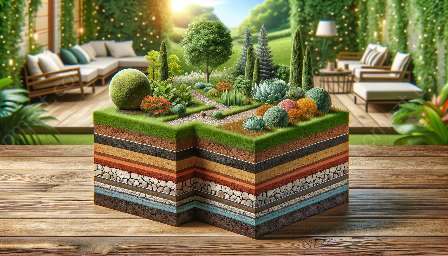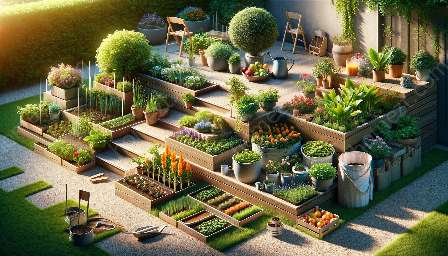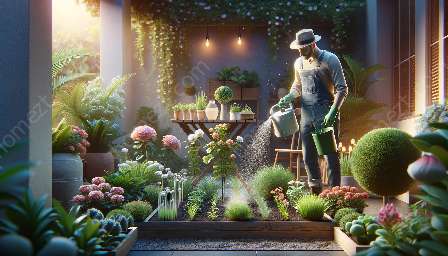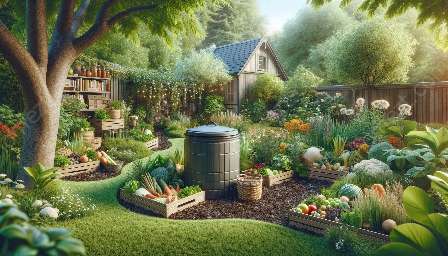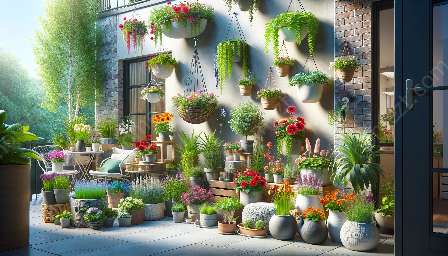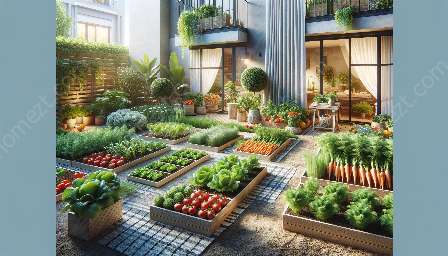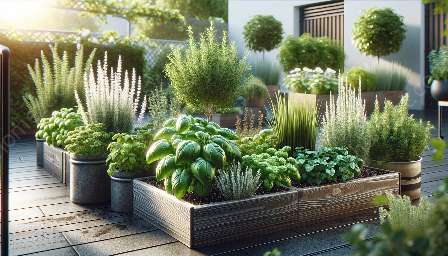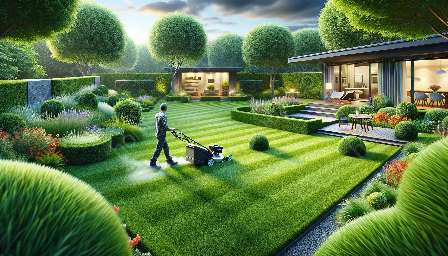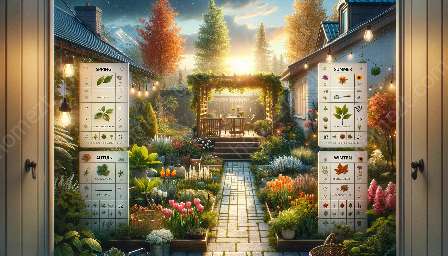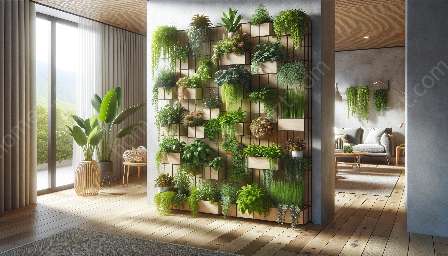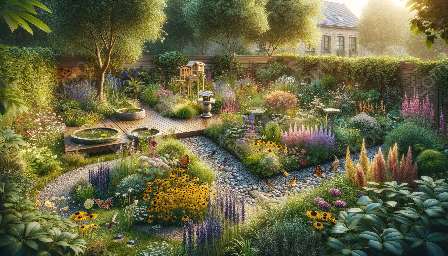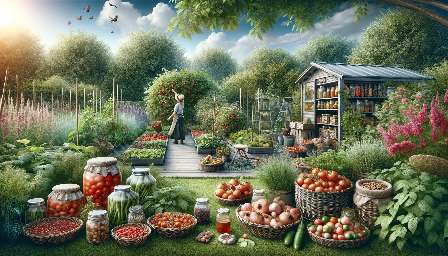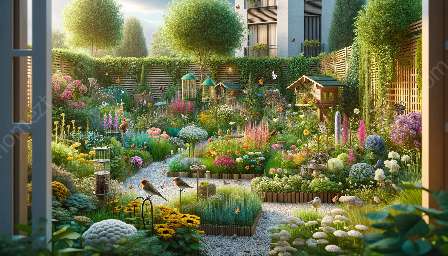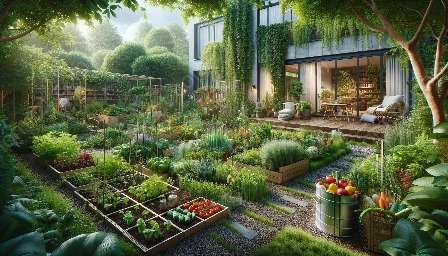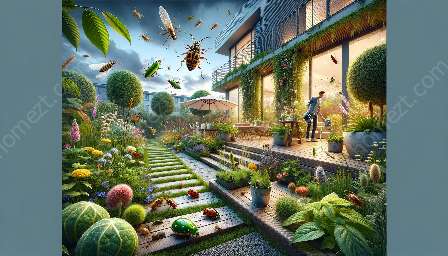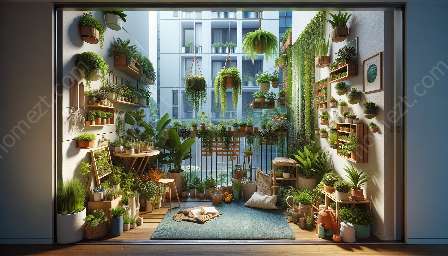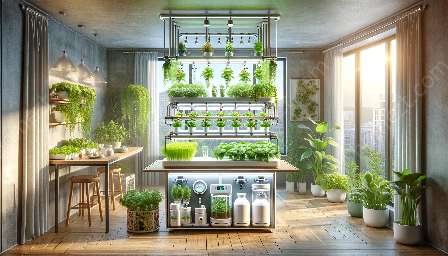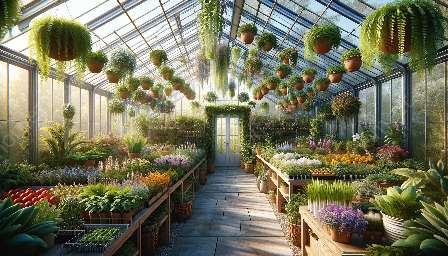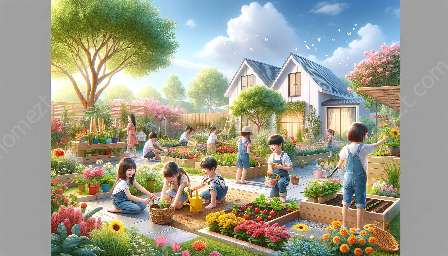Composting is a time-honored practice that has gained renewed attention in recent years due to its numerous benefits for the environment, gardeners, and home improvement enthusiasts. This comprehensive guide will explore the art and science of composting, its compatibility with gardening, and its potential to enhance your home improvement projects.
The Basics of Composting
Composting is the natural process of recycling organic materials, such as kitchen scraps, yard waste, and plant residues, into a nutrient-rich soil amendment known as compost. This eco-friendly practice reduces waste sent to landfills and provides an environmentally sustainable alternative to chemical fertilizers.
Compost is a valuable source of organic matter and essential nutrients that enhances soil structure, increases water retention, and promotes healthy plant growth, making it an invaluable asset for both gardening and home improvement endeavors.
Types of Composting
There are several methods of composting, including traditional backyard composting, vermicomposting (using worms to break down organic matter), and bokashi composting (fermenting organic waste with beneficial microbes). Each method offers unique advantages and can be tailored to suit individual gardening and home improvement needs.
The Science Behind Composting
Composting is a biologically complex process that involves the breakdown of organic materials by microorganisms, such as bacteria, fungi, and other decomposers. These microorganisms require a balanced combination of carbon-rich (browns) and nitrogen-rich (greens) materials, adequate moisture, and good aeration to efficiently decompose organic matter and produce high-quality compost.
Composting and Gardening
Compost significantly contributes to soil fertility, improves soil structure, and enhances microbial activity, creating an ideal environment for healthy plant growth. Incorporating compost into garden beds, potting mixes, and lawns effectively increases plant resilience, reduces the need for chemical fertilizers, and supports a diverse ecosystem of beneficial soil organisms.
For gardeners, compost acts as a natural soil conditioner, suppresses plant diseases, and reduces soil erosion, making it an essential component of sustainable gardening practices. Whether used for vegetable gardens, flower beds, or landscaping, composting complements a wide array of gardening activities, promoting thriving and resilient plant life.
Composting and Home Improvement
Compost offers multifaceted benefits for various home improvement projects, such as landscaping, horticulture, and outdoor maintenance. As a cost-effective and environmentally friendly soil amendment, compost provides homeowners with an invaluable resource for enhancing the aesthetic appeal and environmental sustainability of their properties.
Whether amending soil for new lawns, revitalizing tired landscapes, or establishing sustainable outdoor spaces, composting empowers home improvement enthusiasts to create vibrant, low-maintenance environments that harmonize with nature and promote ecological health.
Getting Started with Composting
If you're new to composting, getting started is easier than you might think. Begin by selecting a suitable composting method that aligns with your space, time, and resource constraints. Consider factors such as available materials, desired composting speed, and desired compost quality to determine the best approach for your needs.
Next, gather a balanced mix of organic materials, including kitchen scraps, yard waste, and other compostable items. Layer these materials appropriately to ensure a proper balance of carbon and nitrogen, and monitor the compost pile's moisture and aeration levels to facilitate efficient decomposition.
Maintaining Your Compost
Maintaining your compost involves periodically turning and monitoring the pile, adjusting moisture levels, and incorporating new materials as available. With time and proper care, your compost will transform into a dark, crumbly, earthy-smelling substance ready for use in your garden or home improvement projects.
Conclusion
Composting is a sustainable, eco-friendly practice that offers a wealth of benefits to gardeners and home improvement enthusiasts. By harnessing the power of nature to convert organic waste into valuable soil amendments, composting not only nurtures healthy, thriving gardens but also fosters sustainable landscapes that enhance the beauty and functionality of our living spaces. Embrace the art and science of composting to enrich your gardening experiences, improve your home environment, and contribute to a greener, more sustainable future.

